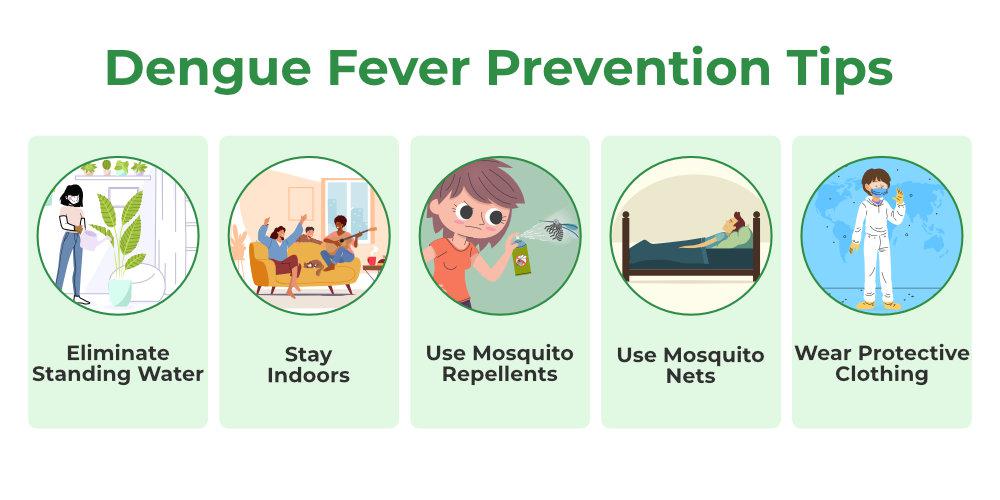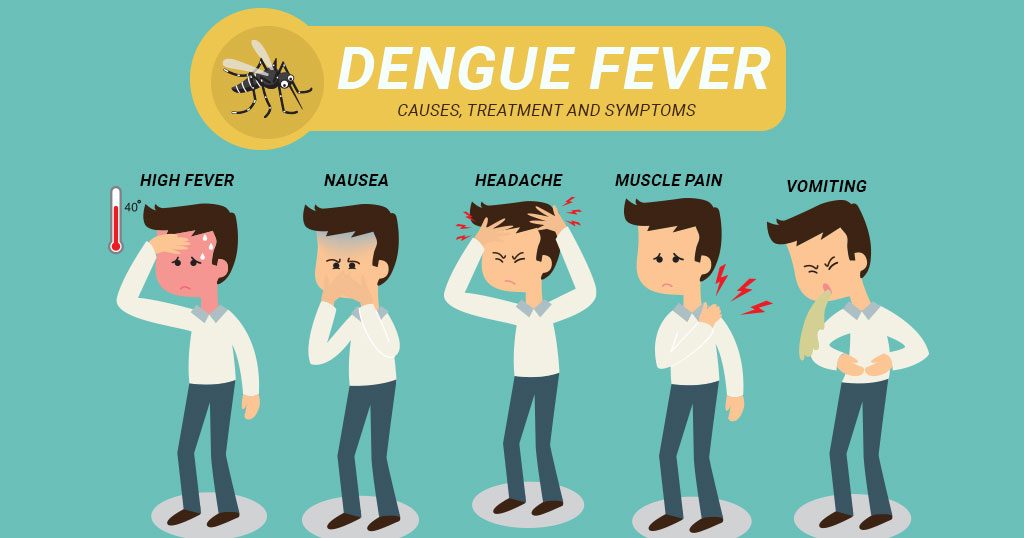Understanding Dengue Fever
Dengue fever is a mosquito-borne viral infection that is widespread in tropical and subtropical regions. It is transmitted primarily by the Aedes aegypti mosquito, which is most active during the day. Dengue fever can range from mild to severe and, in some cases, can be life-threatening. Here’s what you need to know about this infectious disease.
Symptoms of Dengue Fever
The symptoms of dengue fever typically appear 4 to 10 days after being bitten by an infected mosquito. Common signs and symptoms include:
- High fever
- Severe headache
- Pain behind the eyes
- Joint and muscle pain
- Nausea and vomiting
- Rash
- Mild bleeding (such as nosebleeds or gum bleeding)
In severe cases, dengue fever can progress to dengue hemorrhagic fever or dengue shock syndrome, which can be fatal if not treated promptly.

Treatment Options for Dengue Fever
There is no specific antiviral treatment for dengue fever. Treatment focuses on relieving symptoms and providing supportive care. This may include:
- Resting and staying hydrated
- Taking over-the-counter pain relievers, such as acetaminophen (avoiding aspirin and nonsteroidal anti-inflammatory drugs, which can increase the risk of bleeding)
- Seeking medical attention if symptoms worsen or if there are signs of severe dengue, such as persistent vomiting, severe abdominal pain, or difficulty breathing
In severe cases, hospitalization may be necessary for close monitoring and intravenous fluid replacement.
Prevention of Dengue Fever
Preventing dengue fever involves reducing the risk of mosquito bites. Here are some tips to help prevent dengue infection:
- Use insect repellent containing DEET, picaridin, or oil of lemon eucalyptus
- Wear long-sleeved shirts and long pants, especially during peak mosquito activity hours (dawn and dusk)
- Use mosquito nets or screens on windows and doors
- Eliminate mosquito breeding sites by removing standing water from containers, such as flower pots, bird baths, and gutters
Conclusion
Dengue fever is a significant public health concern in many parts of the world, particularly in tropical and subtropical regions. By understanding the symptoms, treatment options, and prevention methods, individuals can take proactive steps to protect themselves and their communities from this mosquito-borne illness.
If you suspect you have dengue fever or are experiencing severe symptoms, seek medical attention immediately. Early detection and appropriate medical care are crucial for managing the disease effectively and reducing the risk of complications. Stay informed, stay vigilant, and take precautions to stay safe from dengue fever and other mosquito-borne illnesses.
Also Read :
- Strong storms knock out power in South-Central Pennsylvania
- Marvin Miller Man of the Year Award
- Enhancing Communication Skills in Relationships for Emotional Intelligence
- Cultivating Empathy and Compassion: Key Steps for Developing Emotional Intelligence
- Mastering Emotional Intelligence: A Guide to Understanding and Managing Your Emotions Effectively
- How to Quit Smoking or Vaping and Improve Lung Health
- Risks of Prolonged Sitting: How to Stay Healthy and Active
- Understanding Hemorrhoids: Causes, Symptoms, and Treatment Options
- https://www.dhakatribune.com/bangladesh/health/344033/persistent-peril-year-round-dengue-threat-sparks

